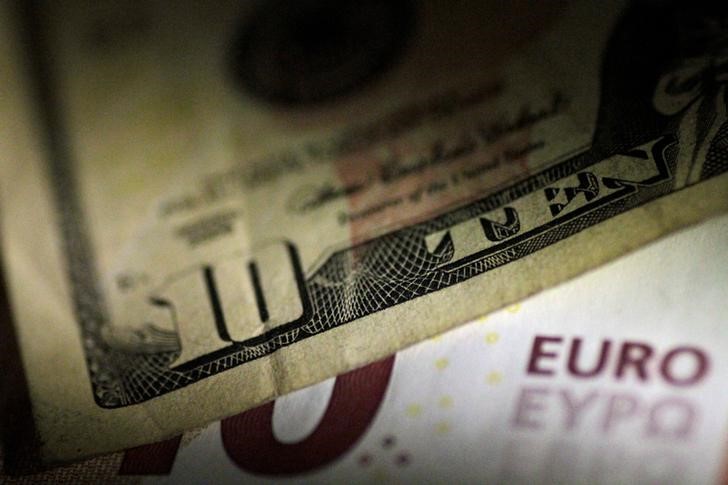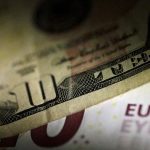
At 04:15 ET (09:15 GMT), the Dollar Index, which tracks the greenback against a basket of six other currencies, traded 0.1% lower at 103.220, near a one-month low.
The dollar slipped lower Thursday in the wake of the start of Fed chief Powell’s two-day testimony in front of Congress, as traders factored in U.S. interest rates falling this year even after some upside surprises on inflation.
Fed Chair Jerome Powell said on Wednesday that rate cuts will “likely be appropriate” later this year “if the economy evolves broadly as expected” and once officials gain more confidence in inflation’s steady deceleration.
Powell appears before a Senate panel later Thursday, after testifying before the House on Wednesday.
“In the past, Fed Chairs have used the second leg to correct any market overreaction to the first leg,” said analysts at ING, in a note.
“However, we doubt Chair Powell has too many issues with the modest risk rally yesterday’s testimony delivered, and he should present a pretty similar message today. That message remains that the Fed needs to be patient, but the game plan remains rate cuts later this year.”
In Europe, EUR/USD edged lower to 1.0895, after data released earlier Thursday showed that German industrial orders fell much more than expected in January.
Orders fell by 11.3% on a monthly basis, a sharp reversal from December’s revised 12.0% increase.
The ECB meets later in the session and is widely expected to leave interest rates at a record 4%.
“We expect further subtle changes to the European Central Bank’s communication …, paving the way for a June rate cut,” said ING. “However, the latest macro data should have increased the pressure on the ECB to act even earlier.”
GBP/USD traded 0.1% higher at 1.2737, near a one-month high after British house prices rose for a fifth month in a row in February, climbing by 0.4% from January, according to data from mortgage lender Halifax.
In Asia, USD/JPY traded 0.9% lower to 147.97, with the yen surging on growing speculation that the Bank of Japan could end negative interest rates in the near future.
This talk was prompted by BOJ board member Junko Nakagawa saying that the Japanese economy was making steady progress towards the central bank’s 2% inflation target – a scenario that could elicit a rate hike from the BOJ.
The yen has weakened for the most part of the past two years as the BOJ maintained its ultra-easy monetary policy stance while other major central banks aggressively hiked interest rates to tame inflation.
USD/CNY edged higher to 7.1986, with the pair moving little despite China reporting a bigger-than-expected trade balance in the first two months of 2024, with stronger exports and imports signaling some recovery in the country’s trade-heavy businesses.
AUD/USD rose 0.4% to 0.6588, with the Australian dollar helped by positive trade data as well as healthy numbers from major trading partner China.
To read the full article, Click Here

